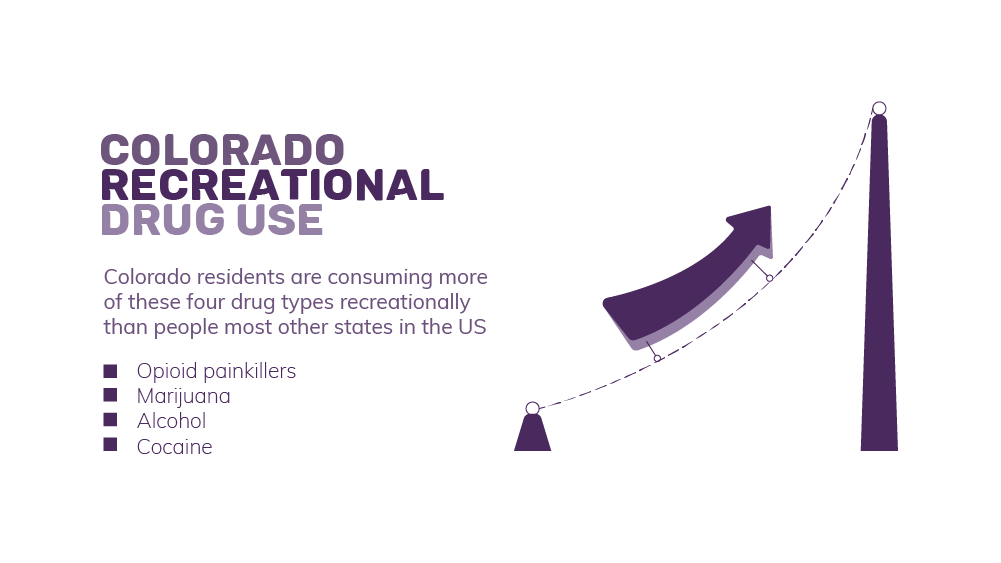
Mom preferred to concentrate on my identity as an honors student and a student council representative. She refused to introduce herself as the mother of an alcoholic, instead saying she was the mother of a “young woman struggling with an addiction.” She received more than a few eye rolls. I realized I needed help, so I approached my mom and checked into a rehab facility.Ī few days into my treatment, as I embraced my new identity as an alcoholic, my mom was in a meeting for addicts’ loved ones. It wasn’t long before I was waking up with opiate withdrawal symptoms - cold sweats, seizure-like shakes and awful mood swings. So I started taking opiate painkillers to help come down from the Adderall. Most important, I could compete with the other students who were also abusing such drugs.Īfter a few months, I was starting to fall asleep in class but couldn’t seem to sleep at night. I could sit in class all day, study all night and skip meals without the slightest hint of exhaustion. As a high-achiever who was struggling with the freshman 15, stimulants seemed like the solution to my problems. My troubles began when I was introduced to Adderall during finals week my first year in college. When I labeled myself an alcoholic that day, I hadn’t picked up a drink in almost three years, and I’d never been a heavy drinker. In my experience, many of those who acquired the addict/alcoholic designation, even if they didn’t deserve it at first, began to behave accordingly. Once labeled “troublemakers” or “difficult” by parents or teachers, they find it hard to overcome such a persona. But, from what I’ve seen, by defining these members as addicts or alcoholics, 12-step programs can unintentionally encourage their members to develop self-fulfilling prophecies.Īdolescents and young adults are deeply affected by the labels thrust upon them. The recovery community requires them to fully take on the addict and alcoholic identity as a part of the acceptance process.

Many of these younger folks are only beginning to struggle with addiction to drugs or alcohol. Accordingly to AA’s literature, approximately 10 percent of members are under age 30. I started again: “I’m Chelsea, and I’m an alcoholic.”Īdmitting you have a problem is the first step to recovery, but perpetually admitting you have a problem that you don’t actually have can make recovery difficult.


 0 kommentar(er)
0 kommentar(er)
